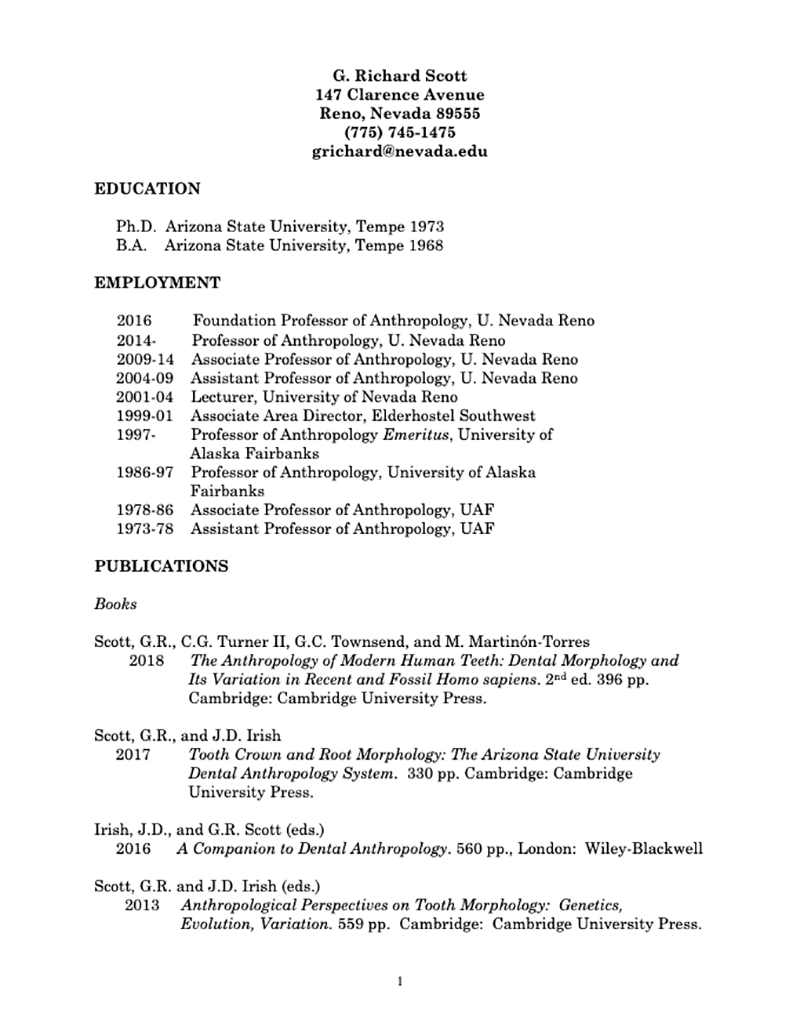CV vs. Resume?
What's the Difference Between a CV and Resume?
CVs and resumes are both professional documents that can get you interviews, yet they’re not entirely the same. We’ll explain the differences between a CV and a resume so you can decide which one is best for your job application. The main differences between a CV and a resume are their scope, purpose, and length.
A resume is a concise one- to two-page document that outlines your professional qualifications and skills. The goal of a resume, just like a cover letter, is to land you a specific job.
A CV, on the other hand, is a multipage document that provides a full history of your academic credentials. Typically, the purpose of a CV is to get you a position in academia or research.
However, a CV means the same thing as “resume” in many parts of the world. For instance, if you’re from Europe, you’d refer to the document you use to apply for jobs as “CV.”
Here’s a summarized look at how CVs and resumes are different:
Still not clear on the biggest differences between a CV and a resume? No problem, we’ll explore them further in the following sections.
What is a CV? A closer look
A CV is a document providing an overview of your academic career and professional history, including your publications, conferences, teaching experience, educational history, dissertations, and more.
Short for curriculum vitæ, which means “course of life” in Latin, an academic CV is generally used to apply for grad school, PhD program, or positions in academia. Additionally, there’s no limit to how long a CV can be, and in some cases they can stretch more than 10 pages in length.
However, for Europeans, a “CV” follows the same structure as the American “resume”. So if you’re applying for jobs in Europe, you can use your resume and simply rename name your file “[Name] CV”.
CV example
This academic CV was written by G. Richard Scott, a Professor of Physical Anthropology at the University of Nevada (the contact details are made up for the sake of his privacy).
Dr. Scott has been part of the American university system for over 40 years, so his CV dates back to the 1970’s. It’s 24-pages long.

What is a resume? A closer look
A resume is a one- or two-page summary of your work experience, key skills, and job-related qualifications.
In contrast to a CV, a resume is used to apply for most non-university jobs. So 99%+ of job seekers (in the United States) should learn how to write a resume and never worry about the term “CV”.
Resumes emphasize your work experience and job skills, and put less weight into your education section (unless you’re a recent graduate and lack professional experience). Additionally, the design of most resumes is casual and creative when compared to your average academic CV.

Comments
Post a Comment